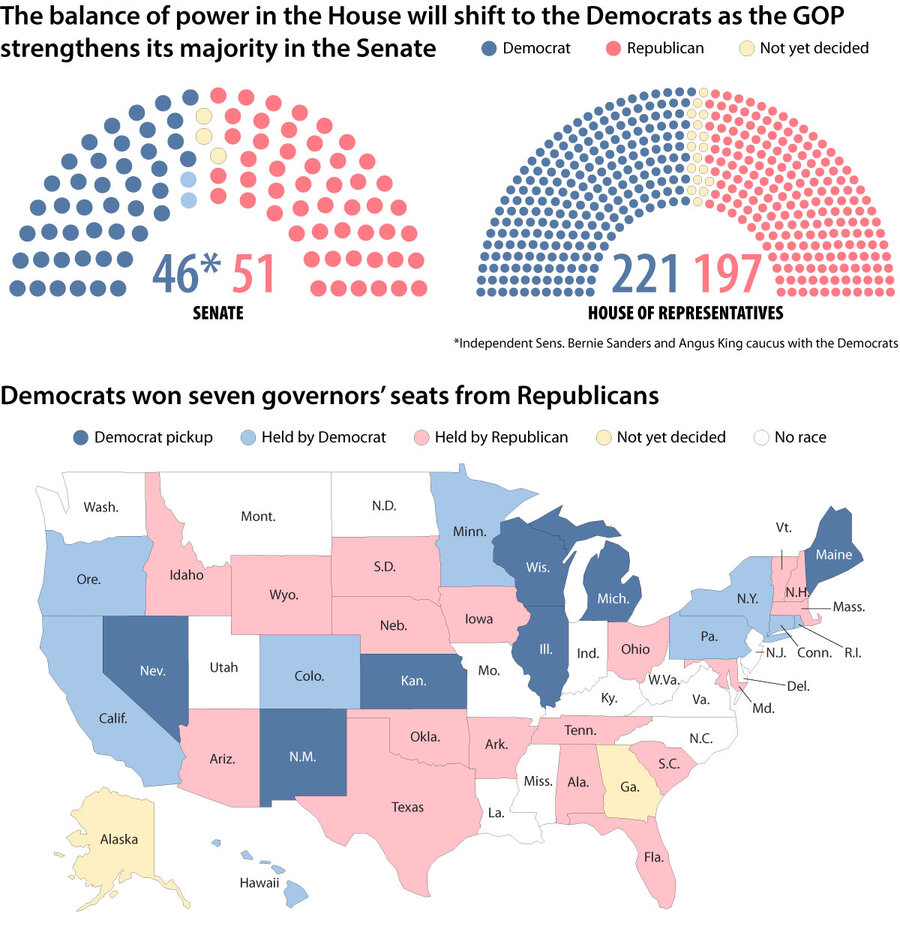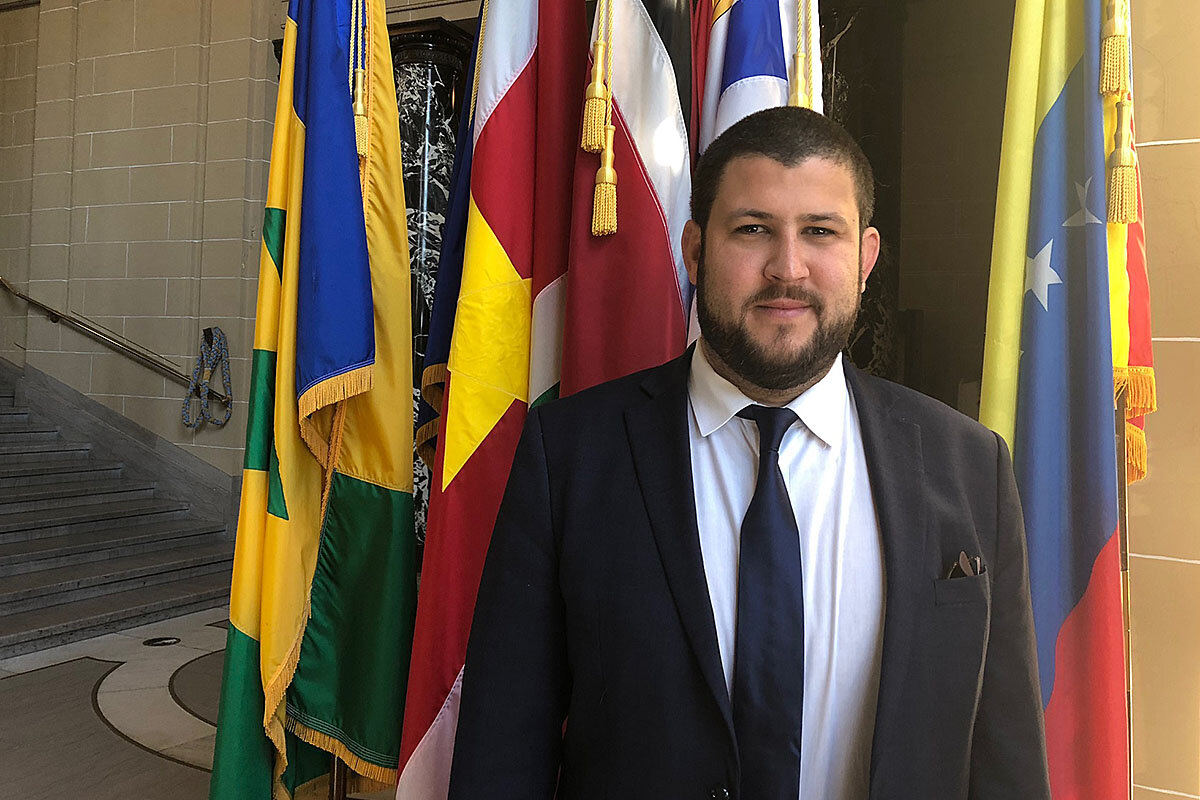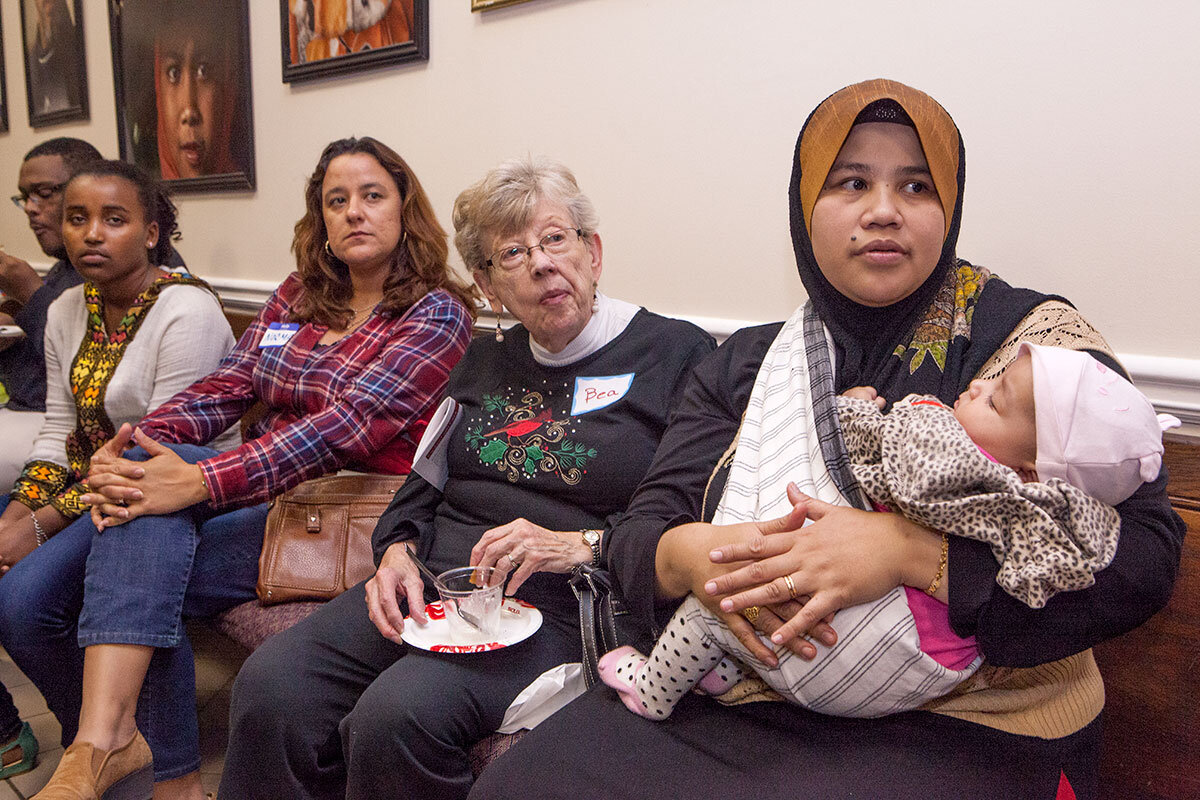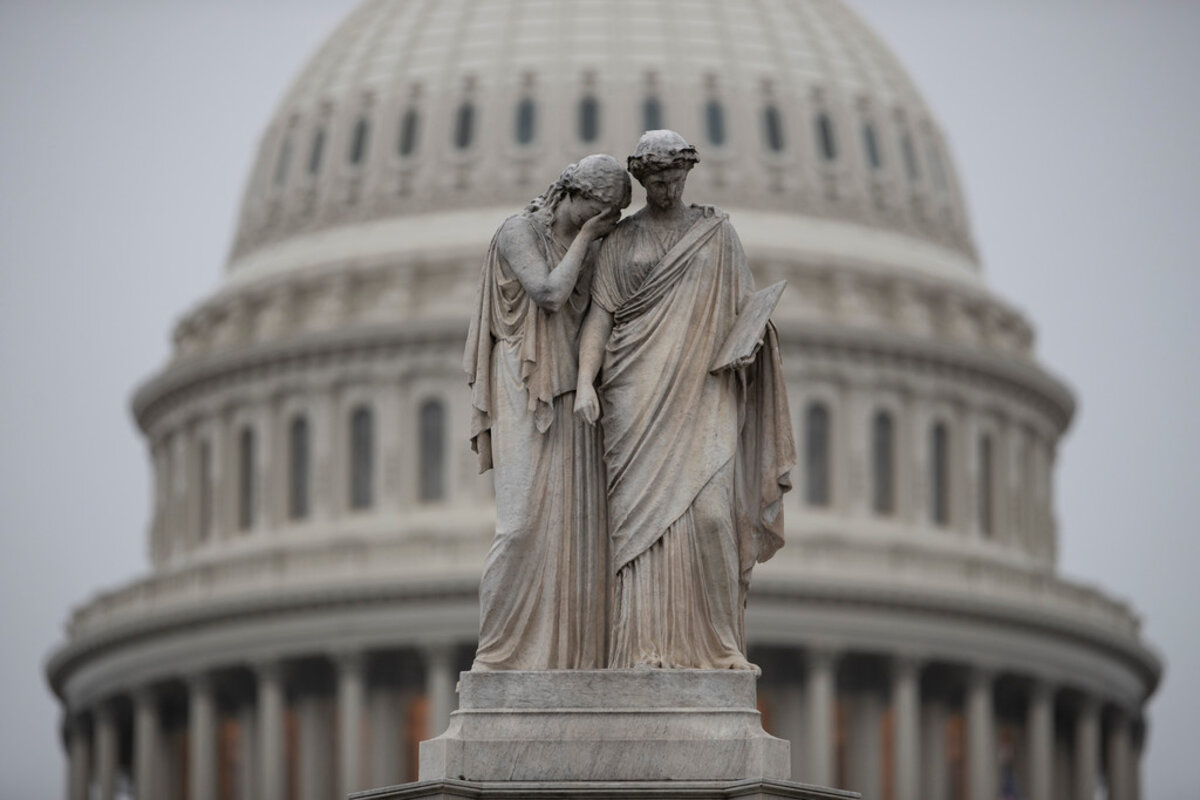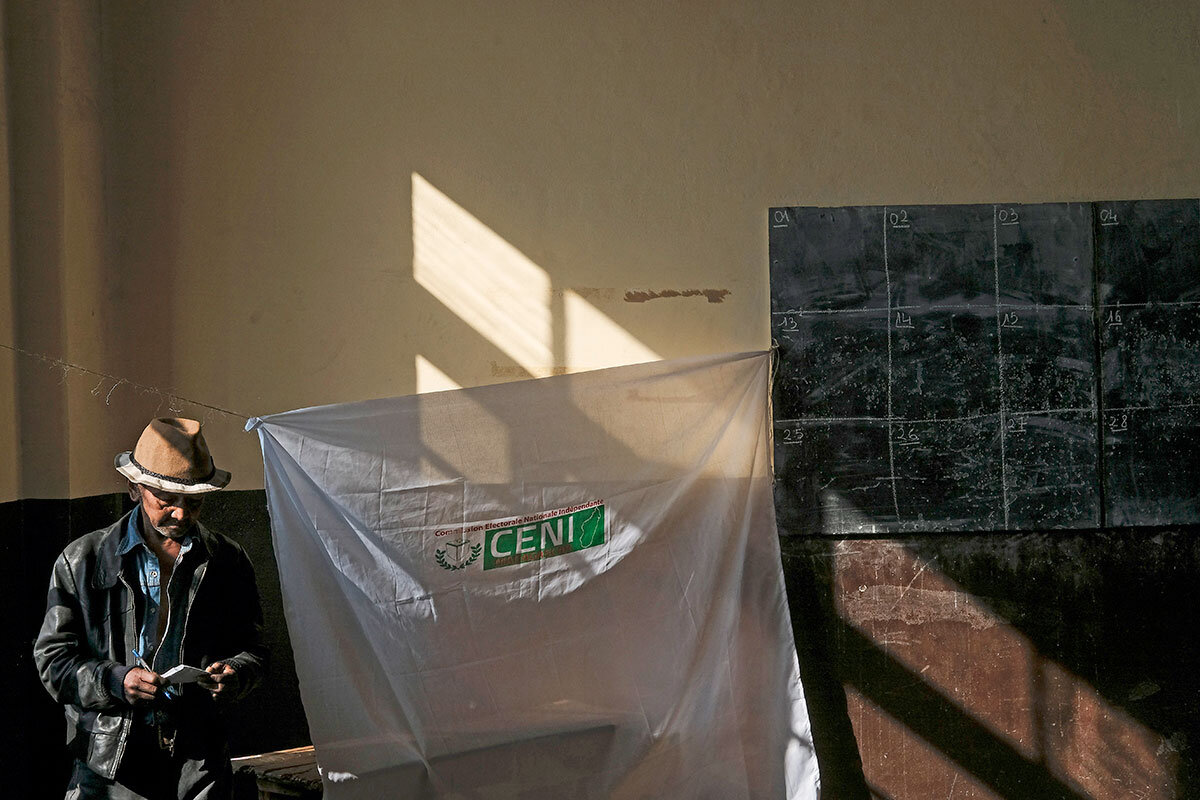Divided government can lead to gridlock. But it can also open the door to bipartisanship because the parties must work together to accomplish anything. On issues from infrastructure to prescription drug costs, both sides say they see common ground.
Monitor Daily Podcast
- Follow us:
 Peter Grier
Peter Grier
The 2018 midterms are over. Now the battle over their meaning begins.
To Democrats they mean control of the House of Representatives and an increase in the number of Democratic governors. To Republicans they mean an expanded margin in the Senate and the defeat of some Democratic rising stars, such as Texan Senate candidate Beto O’Rourke.
Both stories are true. Both, without the other, are incomplete. In their differences, they reflect the deep divide in US politics, a cultural and partisan gulf that preceded President Trump but now seems to be widening by the day.
The problem is the parties now reflect American social identities as much or more than preferences for budget policy or social spending. Republicans are increasingly a white working class organization with many evangelical ���Ǵ��� members. Democrats are becoming a coalition of more educated whites and minorities.
Add racial and religious differences to political disagreement and today’s polarized, angry country is the result.
The midterm results mean this schism of the parties will be an inescapable fact of US life, as the new Democratic House and the incumbent president rocket toward inevitable collisions. But remember, both sides’ stories are incomplete without the other’s. So long as we actually want a democracy, there is no way out of this other than facing our divisions.
Now to our five stories for today.





